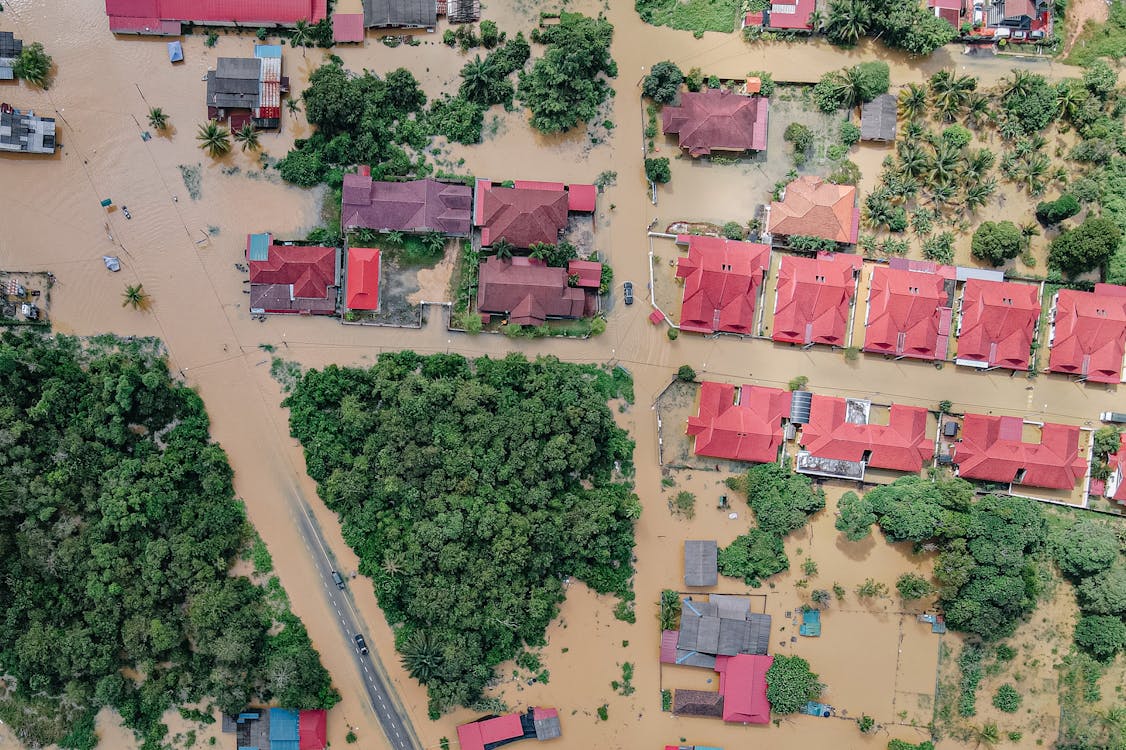“This approach had heart”: local, people-centred response to regional flood recovery the way forward, Swinburne report finds

Bringing together local organisations to help communities impacted by floods creates long lasting and positive impacts, according to a new report by Swinburne University of Technology.
In summary
- Bringing together local organisations to help communities impacted by floods creates long lasting and positive impacts, according to a new report.
- Swinburne University of Technology evaluated the local support service developed in response to the October 2022 floods.
- One of the first of its kind, Goulburn Flood Recovery Service (GFRS) united seven independent service providers who worked across the Goulburn Valley.
Bringing together local organisations to help communities impacted by floods creates long lasting and positive impacts, according to a new report by Swinburne University of Technology that evaluated the local support service developed in response to the October 2022 floods.
One of the first of its kind, Goulburn Flood Recovery Service (GFRS) united seven independent service providers who worked across the Goulburn Valley. By focusing on ‘togetherness’ and the strength of the community, GFRS has created ongoing positive outcomes well beyond the immediate recovery response.
Report author and Swinburne researcher Dr Catherine Hartung says that GFRS has supported complex, long-term issues within the community.
“Critical to success was that GFRS was created by the local community for the local community. The GFRS team leveraged their shared social capital to respond to complex, traumatic, and ongoing situations. As a result, they would often uncover additional challenges experienced by flood-affected households, such as discovering children who had not been attending school or isolated elderly people who were not receiving adequate care.”
“Flood recovery typically involves large state-wide organisations flying in and providing support and then leaving again not long after – it can be quite transactional and impersonal. Whereas this approach had 'heart' – it was holistic and people-centred.”
The Swinburne researchers interviewed various people involved in the GFRS, from frontline workers and managers to CEOs and local council members. They all shared the same sentiment: nobody knows what the community needs more than locals.
“They know all the agencies, they know all the services in the town, and they probably know all the back doors as well,” one said.
The report was made in partnership with Connect GV, FamilyCare, Nexus Primary Health, Oz Child, Primary Care Connect, The Bridge Youth Service and Uniting Vic Tas. Shepparton-based FamilyCare has been the lead for the GFRS. CEO, David Tennant, says that rural and regional communities know how to look after each other.
“From first responders, to businesses, service clubs and everyday people who have opened their hearts and often their wallets, we want to say thank you. This report confirms place matters in a really fundamental way.”
A copy of the report has been shared with the Victorian Government and relevant agencies to help with future planning. The team hope that more resourcing, funding, staffing and training can be a reality.
“More climate-change induced emergencies and disasters may well be inevitable – but we have many human skills and resources available to us to respond,” says report co-author and Swinburne researcher Professor Kay Cook.
-
Media Enquiries
Related articles
-

- Social Affairs
Swinburne students find ‘no evidence’ for electronic monitoring of youth offenders
Swinburne undergraduate students have evaluated whether electric monitoring practices align with legal standards and human rights.
Monday 21 October 2024 -

- Social Affairs
- Politics
New Swinburne Report Exposes How Australia’s Child Support System Enables Financial Abuse, Fuelling Child Poverty
A new Swinburne research report presented in Parliament House details how child support is being weaponised against single mothers and their children.
Tuesday 08 October 2024 -

- Social Affairs
‘Overwhelmed, hopeless, crushed’: Swinburne report reveals how housing crisis is reshaping young people’s lives
Australia’s housing crisis is severely impacting young people’s safety, relationships, health and wellbeing, education, employment, and ability to plan for the future, according to new report.
Thursday 10 October 2024 -

- Social Affairs
New Swinburne research highlights older Australians falling through the cracks of housing crisis
More than half a million Australians aged 55 or over are at risk of falling through the cracks of housing security, according to a new Swinburne report.
Wednesday 16 October 2024 -

- Social Affairs
- Sustainability
“This approach had heart”: local, people-centred response to regional flood recovery the way forward, Swinburne report finds
Bringing together local organisations to help communities impacted by floods creates long lasting and positive impacts, according to a new report by Swinburne University of Technology
Thursday 15 August 2024

